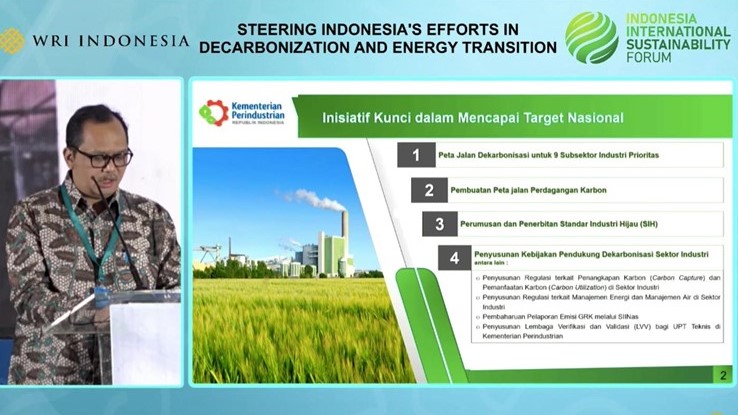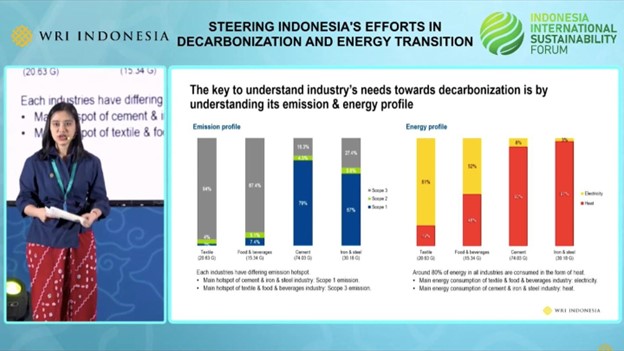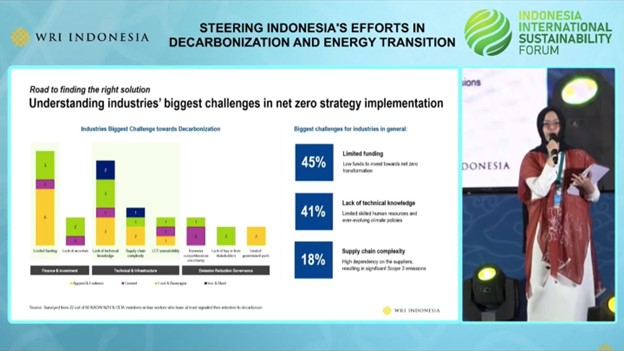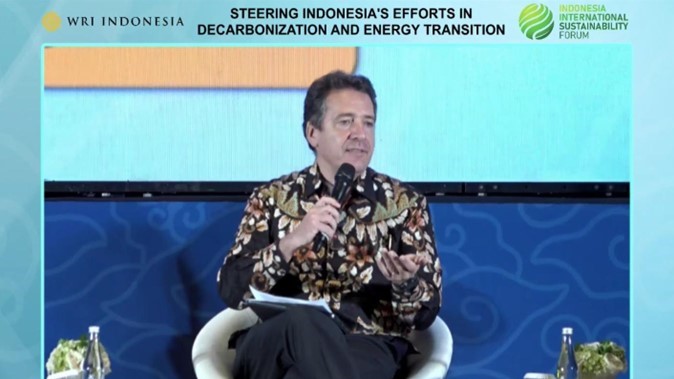On August 23, 2024, the Yarsi SDGs team participated online in an event titled “Road to ISF 2024,” which addressed critical issues related to Indonesia’s commitment to facing the challenges of decarbonization and energy transition. During the event, it was explained that Indonesia is committed to reducing greenhouse gas emissions by 29% by 2030 and achieving net-zero emissions by 2060. The main strategies to achieve this target include increasing the use of renewable energy, improving energy efficiency, and promoting electric vehicles. Concrete steps in this effort include the development of geothermal power plant projects in North Sumatra and solar power plants in East Java, which directly contribute to Sustainable Development Goal 7: Ensure access to affordable, reliable, sustainable and modern energy for all.

Furthermore, the Indonesian government has launched initiatives such as the Clean Energy Investment Accelerator and Kadin Netzohub, involving more than 100 companies in supporting decarbonization. However, significant challenges remain, including high costs, lack of adequate infrastructure, and misalignment of technology with industry needs. To address these issues, WRI has developed a Framework that includes strategic planning and a holistic approach, as well as the implementation of state and market-based instruments to support financing. Cooperation between the private sector, government, and financial sector is considered crucial, along with regulatory support and education for climate financing products. In conclusion, while Indonesia demonstrates strong determination in the global energy transition, achieving decarbonization targets requires comprehensive collaboration and effective handling of key challenges in terms of funding and technology.
Link Youtube : https://www.youtube.com/live/0tMJiqMW9Y0?si=7IEms1HJD-wnoztO




